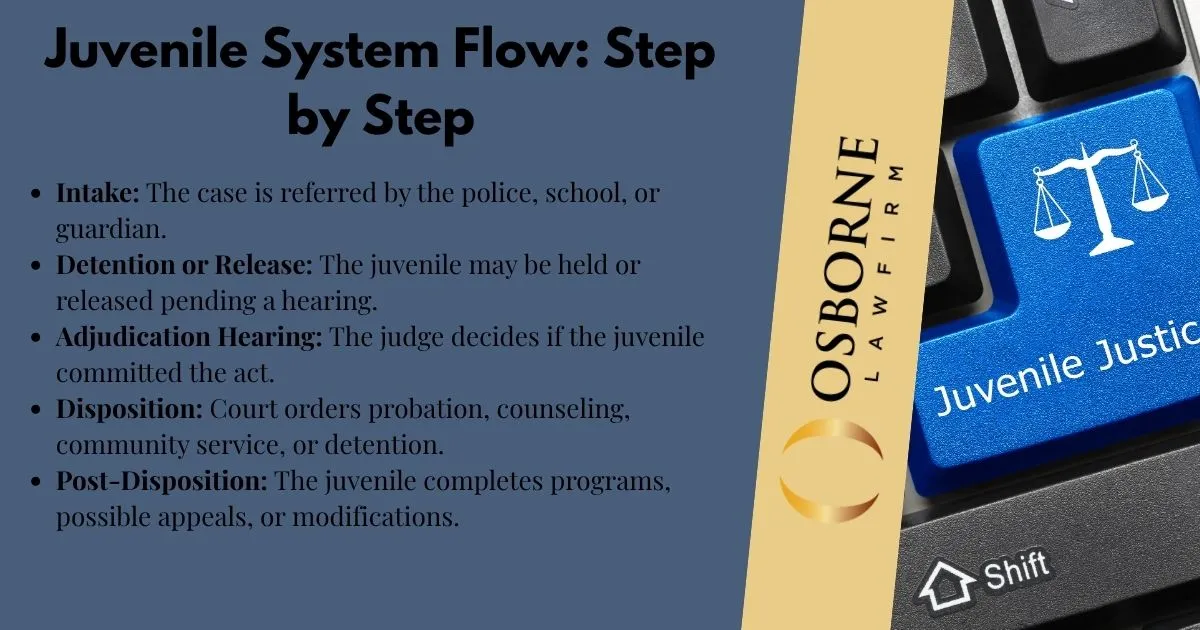
Arkansas Criminal Law
FREQUENTLY ASKED QUESTIONS
When someone is arrested in Arkansas, they have the right to remain silent, the right to a lawyer, and the right to be informed of the charges against them. Police officers are required to read a Miranda warning before interrogating a suspect. You are not obligated to answer questions without a lawyer present, and invoking your right to legal representation early on can protect you from making statements that could be used against you.
Additionally, the law requires that an arrested person be brought before a judge for a first appearance within a reasonable time. This initial hearing is critical because it sets the tone for the case. The judge will inform the defendant of the charges, consider bail, and assign legal counsel if needed.
The Fourth Amendment protects individuals from unreasonable searches and seizures. In Arkansas, law enforcement generally cannot search your home or vehicle without a warrant or your consent. There are exceptions for emergency situations or if officers believe evidence is at immediate risk of being destroyed. However, if you are asked to consent to a search and you say no, that refusal must be respected unless officers have another legal basis to proceed.
If evidence is obtained through an illegal search, your lawyer can request that it be excluded from the case. This is a common and powerful defense tactic in criminal trials.
The best time to ask for a lawyer is as soon as you are taken into custody or even earlier if you are under investigation. Once you request legal counsel, law enforcement is required to stop questioning you. Your lawyer can help you understand the charges, negotiate with prosecutors, and represent you in court proceedings. In Arkansas, if you cannot afford a private lawyer, the court will appoint a public defender. However, hiring a lawyer of your choice can often allow for more personalized attention and strategic planning throughout the case.
Driving under the influence is one of the most commonly charged crimes in Arkansas. A DUI or DWI charge can arise from alcohol or drug use while operating a vehicle. Penalties for a first offense typically include fines, license suspension, community service, and mandatory alcohol education. Repeat offenses can result in jail time and more severe consequences.
You can be charged with DUI even if you refuse a chemical test. Arkansas has an implied consent law, meaning that by driving on state roads, you automatically agree to submit to blood, breath, or urine testing if arrested on suspicion of DUI. Refusal can lead to an automatic license suspension.
Even minor offenses like reckless driving or driving without insurance can carry significant penalties in Arkansas. Jail time, license suspension, court costs, and increased insurance rates are all potential consequences. Accumulating too many traffic violations may also result in points on your driving record, which can lead to a longer-term loss of driving privileges. Some traffic offenses, though, such as leaving the scene of an accident or driving on a suspended license, may be treated as misdemeanors and carry jail sentences. Having legal representation can help negotiate fines, protect your license, and avoid a permanent criminal record.
Juvenile offenses are handled differently from adult crimes in Arkansas. The focus is on rehabilitation rather than punishment. Juvenile court proceedings are confidential, and outcomes may include probation, counseling, or community service instead of incarceration.
Juveniles are still entitled to many of the same rights as adults, including the right to a lawyer. A lawyer can advocate for alternatives to detention and ensure the child’s future is not jeopardized by a mistake made during adolescence. In certain cases involving serious offenses, juveniles may be tried as adults, which brings much higher stakes.

Criminal cases in Arkansas can be prosecuted at the state or federal level. State charges generally involve violations of Arkansas criminal statutes, while federal charges involve violations of federal law or crimes that cross state lines. Drug trafficking, white collar crimes, and firearm violations may be prosecuted federally if they involve multiple jurisdictions or federal agencies.
Federal cases often involve harsher penalties, mandatory minimum sentences, and more complex procedures. It is important to know whether your case falls under state or federal jurisdiction, as this will affect your legal strategy and potential outcomes.
Yes. Charges can be reduced or even dismissed depending on the strength of the prosecution’s case and the evidence available. A lawyer may file motions to suppress illegally obtained evidence, challenge witness credibility, or identify procedural errors. In some cases, the prosecution may offer a plea agreement, which allows the defendant to plead guilty to a lesser charge in exchange for a lighter sentence. This can be a favorable outcome, particularly when the alternative is a lengthy trial with uncertain results.
Arkansas courts sometimes offer alternatives to incarceration, particularly for first-time offenders or those charged with non-violent crimes. Probation, community service, substance abuse programs, and diversion programs are among the alternatives available.
Deferred adjudication and pretrial intervention are also possible in some cases. These programs allow defendants to complete certain conditions in exchange for a dismissal or reduction of charges, which can prevent a permanent conviction from appearing on their record.
While you have the right to represent yourself in court, it is rarely advisable. Criminal trials involve complex procedures, strict rules of evidence, and potentially severe penalties. Judges are not permitted to assist self-represented defendants during trial, and even a minor misstep can have significant consequences.
If you choose to proceed without legal counsel, you must still meet all court deadlines, file proper motions, and follow all procedural rules. In most cases, legal representation offers the best chance for a favorable result.
If you are convicted of a crime, you may have the right to appeal. The appeals process allows a higher court to review the case for legal errors, such as improper jury instructions, inadmissible evidence, or constitutional violations. Appeals must be filed within a strict time frame, and the reviewing court will only consider issues that were raised during the original trial. Success on appeal may result in a new trial, a reduced sentence, or the dismissal of charges altogether.
Arkansas allows for the sealing or expungement of certain criminal records under specific conditions. Expungement may be available for some misdemeanor offenses, non-violent felonies, and cases that resulted in dismissal or deferred sentencing. Having a criminal record sealed can improve your ability to find employment, secure housing, and move forward with your life. The process involves filing a petition with the court, and legal guidance can improve your chances of success.
Arkansas Criminal Law Lawyers at Osborne Law Firm Understand the Legal Complexities of Criminal Law
Criminal charges in Arkansas carry serious consequences that can affect your freedom, your record, and your future. Our Arkansas criminal law lawyers at Osborne Law Firm are here to provide guidance, representation, and support every step of the way. Call us today at 479-521-7727 or contact us online for a free consultation. Located in Fayetteville, Arkansas, we serve clients in Washington County, Benton County, Madison County, Northwest Arkansas, and the surrounding areas.

